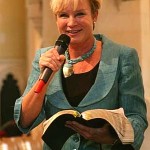Each time, I hear or recount the story of Dirk Willems, a Dutch Anabaptist hero of the Reformation, I find myself moved to tears. And so I wrote down his inspiring story in a little book, The Story of Dirk Willems. The opening pages are here. And here is the climactic scene:

When Dirk Willems was arrested in Holland in 1569, he refused to recant the radical reading of Scripture which had set his life ablaze with purpose and joy. The Crown confiscated all his property for its own uses, and he was sentenced to be “executed with fire, until death ensues.” Willems was imprisoned at the Palace in Asperen, until May, when he was to be publicly burnt at the stake.
Autumn passed, and it was winter. Looking out of the prison window one December night, Dirk Willems noticed that the moat around the castle had frozen solid.
His heart beat faster. Had the Lord provided a means of escape? Might the Lord Jesus enable him too to walk on water?
Willems ripped his bedsheet, knotted the rags together, tied one end to the window and slowly climbed down, the cloth supporting his body, grown skeletal on meagre rations in the long months of imprisonment.
He tiptoed onto the ice. And it bore his weight.
The stars shone bright in the frosty night. He skidded across the pond, remembering the nights of his youth, skating with his friends who loved the Lord Jesus on the frozen ponds of Rotterdam. He felt as if he were flying.

The Lord Jesus was rescuing him from his enemies.
* * *
“Stop! I command you in the name of the Duke of Alva: Stop!” he heard the palace guard shout, but using his last reserves of strength, Dirk slid across the ice of the moat, the Hondegat.
Behind him, the guard, “the thief-catcher,” raced across the ice, handcuffs in hand, closing in, closing in.
“Lord Jesus, I ask in your name! Help me. Please,” Dirk prayed as he slid across the ice.
And now he scrambled onto solid ground. He kissed the icy earth.
Delivered by Jesus.
* * *
“Willems, help me! Help me, please.”
Dirk turned round. The ice across which he, grown emaciated in captivity, had slid, lithe as a cat, had cracked beneath the weight of the burly thief-catcher. He could no longer see the guard’s body, just his thrashing hands, one of them gripping handcuffs. As the man grabbed at the ice, it shattered into a myriad pieces.
The guard was drowning.
As Dirk paused beneath the starry skies, the words of the Lord Jesus, which he had recited to himself, again and again, through hungry days and sleepless nights returned like distant music.
Love your enemies, do good to those who hate you; bless those who curse you; pray for those who persecute you.
Do not resist evil.
And Paul’s words: Do not be overcome by evil, but overcome evil with good.
“Dirk Willems, help me. Help!” the guard gasped, clutching the ice which splintered as he grabbed it, only his head now visible, and his hand, his hand with the shackles.
Under the silent stars, Dirk halted. Prayed. And then, “I will do it for the love of the Lord Jesus,” he decided in a rush of resolution.
For the love of the Lord Jesus whom he had resolved to obey in all things; for whose sake he had chosen imprisonment rather than pretend to accept Catholic doctrines he did not believe; for the love of Jesus whom he had decided to follow, whether it led to happiness or death, Dirk Willems turned around.
He glided on the ice as far as he dared, and extended his hand to his enemy, the guard. And pulled him to safety.

They stood on solid ice. His voice quavering with cold and emotion, the guard said, “Thank you, Dirk Willems.”
* * *
But the Burgomaster, who stood watching outside the Palace walls, called out across the moat, “Remember the oaths you swore to the Duke of Alva, thief-catcher. You swore to catch criminals and deliver them to justice. I command you in the name of the Duke of Alva, seize the heretic.”
The thief-catcher hesitated. Then muttering, “Forgive me,” he grabbed Willems’s wrist, clapped the handcuffs on him, and dragged him across the drawbridge, back to the castle.
* * *

Willems was now confined to a small, barred room at the top of a tall church tower, his feet cramped in wooden leg stocks. He was tortured. He did not renounce his faith.
On 16 May 1569, he was led out to be burned to death outside Asperen.
* * *
It was a blustery day. A strong east wind blew the flames away from his chest, after they burnt the flesh on his lower body. His suffering was long and lingering. Willem’s loud cries were heard in the town of Leerdam, towards which the wind blew.
“O my Lord, my God,” he called out, over seventy times.
Finally, unable to watch his torment, the supervising judge wheeled his horse around and commanded the executioner, “Dispatch the man with a quick death.”
* * *
Sometimes we walk through a dark forest by the light of a star which had died ten thousand years ago.
Dirk Willems, fool for Christ, you are one of the “children of God without fault who shine like stars in the sky.” Your light still blazes five hundred years later.
We, who are amazed at your goodness, salute you.
We are astonished by your love for Scripture: you did not compromise your understanding of it, even though that meant imprisonment and the loss of your property, your freedom, your health, and your life. We are stunned by your integrity.
But, most of all, we are moved by how you helped your enemy, though it meant your certain death.
We are inspired by how you kept your eyes on the Lord Jesus through the long agony of that barbaric burning.
We believe that, as you died, heaven opened, and you saw Christ standing at the right hand of the Father, ready to welcome you.
And we know you are with him, shining, in the great golden cloud of witnesses, the communion of saints which sweetens the earth.
Dirk Willems, this world was not worthy of you. You did not get to write your story, but you lived a beautiful one.
Thank you.

* * *
If you know someone who might like a copy, it’s available on
Amazon.com (Paperback) and Kindle
Amazon.co.uk (Paperback) and on Kindle
If you’d like to support me by buying a paperback or Kindle book and leaving a review, I will, of course, be very grateful 🙂





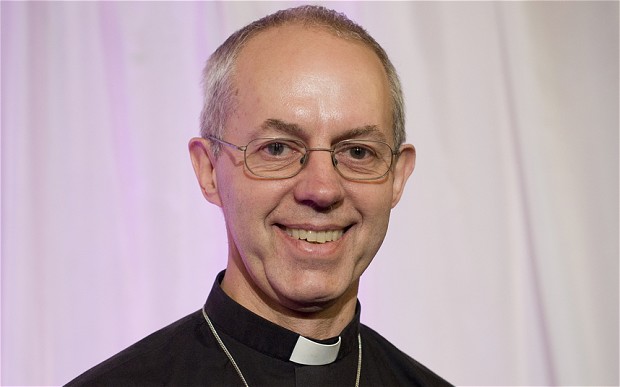

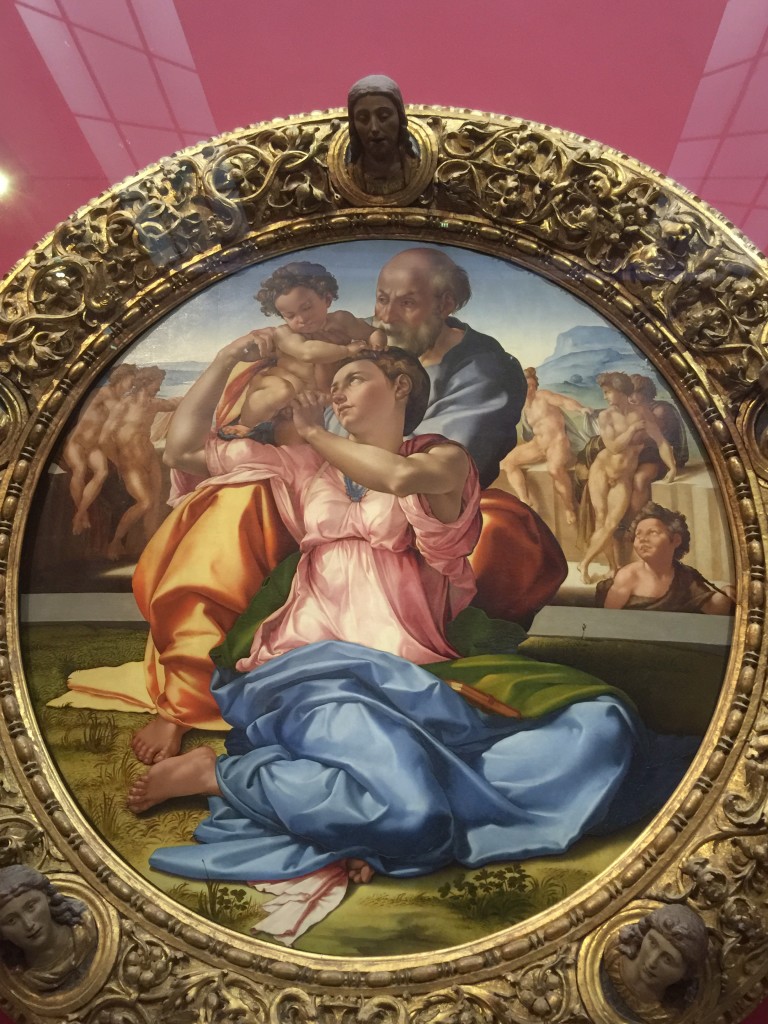
 Botticelli, Madonna of Pomegranate
Botticelli, Madonna of Pomegranate
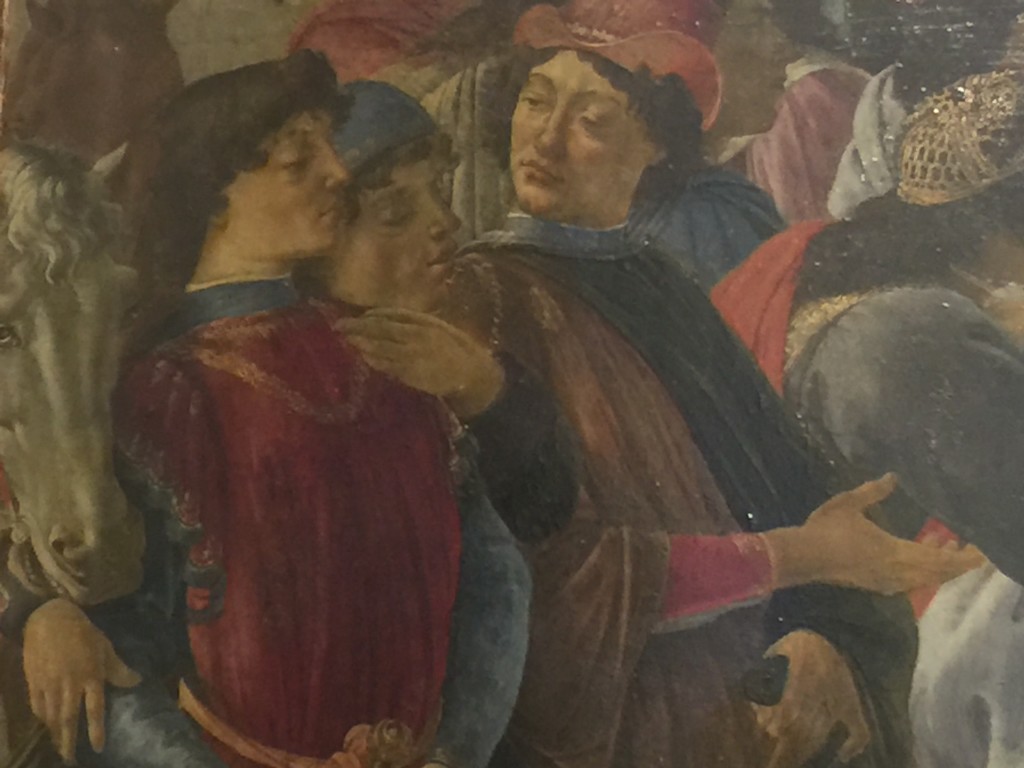

 Notice the Virgin’s cool infinity scarf
Notice the Virgin’s cool infinity scarf Sandro Botticelli, Venus coyly rising from the foam
Sandro Botticelli, Venus coyly rising from the foam
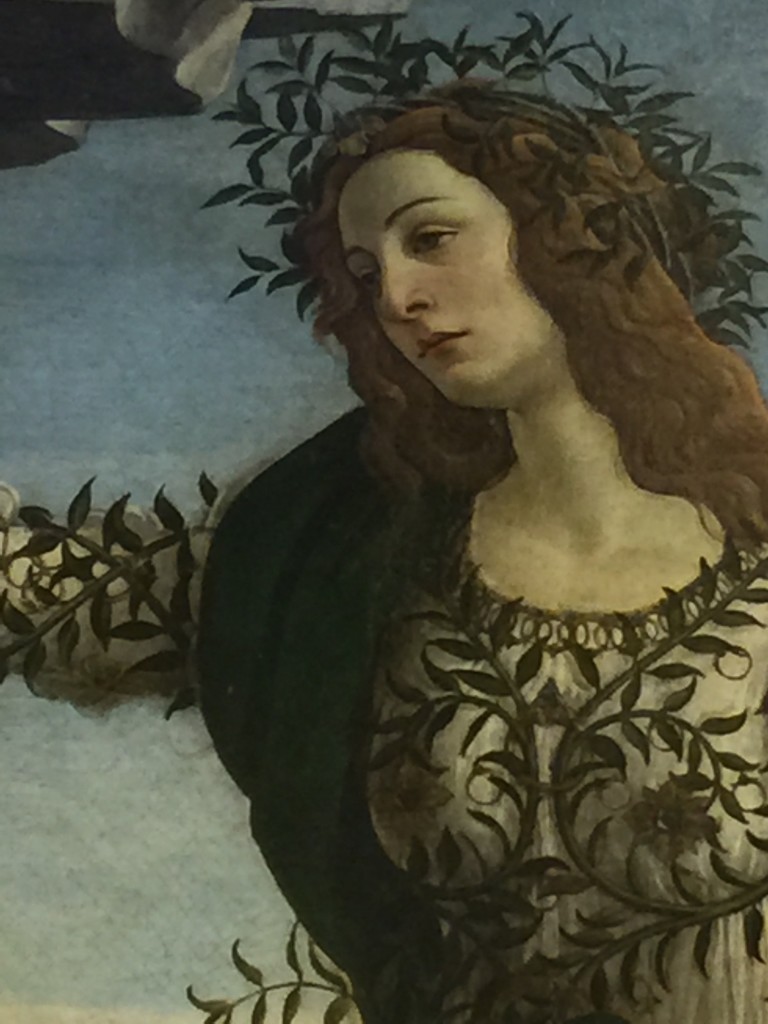 Botticelli, Pallas (and the Centaur)
Botticelli, Pallas (and the Centaur)
 Raphael’s portrait of Pope Julius II, the tormentor who chivvied, frustrated, angered and drove Michealangelo into genius–the inhuman effort of painting the ceiling of the Sistine Chapel, and, of course, crafting Julius’s own tomb.
Raphael’s portrait of Pope Julius II, the tormentor who chivvied, frustrated, angered and drove Michealangelo into genius–the inhuman effort of painting the ceiling of the Sistine Chapel, and, of course, crafting Julius’s own tomb.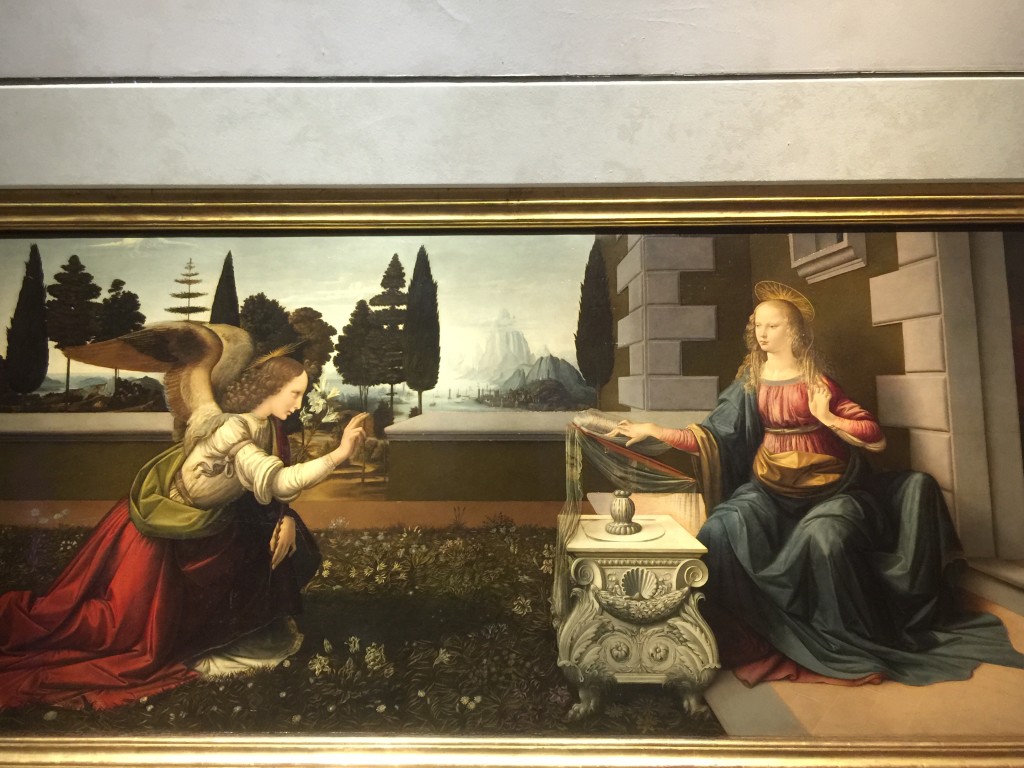 Leonardo da Vinci’s Annunciation
Leonardo da Vinci’s Annunciation Angels from Leonardo’s Baptism of Christ
Angels from Leonardo’s Baptism of Christ
 I love the polychromatic angel’s wings in Lorenzo de Credi’s painting
I love the polychromatic angel’s wings in Lorenzo de Credi’s painting

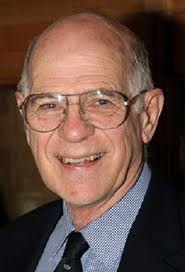




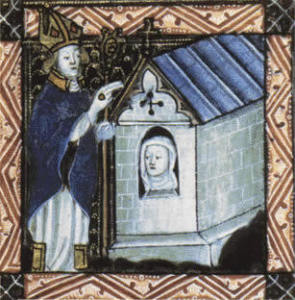 I am today thinking of a real contemplative, Julian of Norwich, who was an anchorite. Anchorites were, on request, formally bricked into their cells by the ecclesiastical authorities. Once walled in,
I am today thinking of a real contemplative, Julian of Norwich, who was an anchorite. Anchorites were, on request, formally bricked into their cells by the ecclesiastical authorities. Once walled in, 

